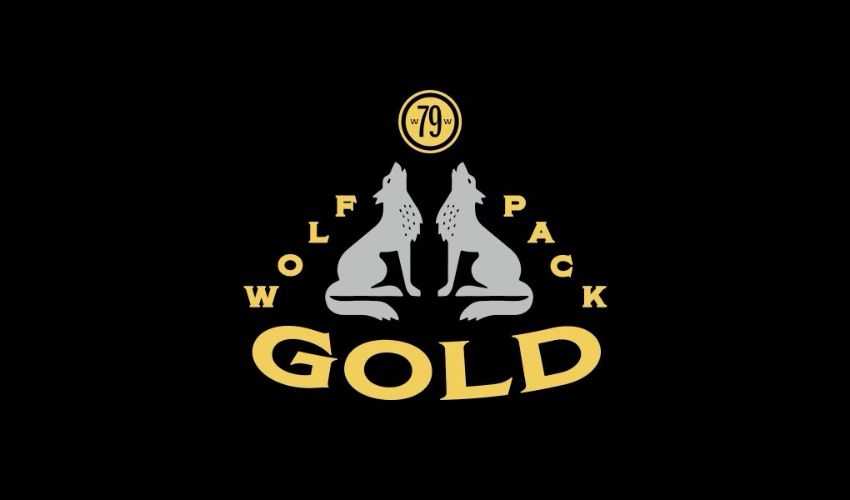Researchers have been warning for 20 years that the most profitable psychiatric drugs in history are marketed on claims that have no scientific backing.
If you’ve ever seen a commercial for Zoloft, Paxil, or Prozac, you’ve probably heard the pitch: depression is caused by a “chemical imbalance” in your brain, and these drugs work by “correcting” that imbalance. This was the pivot from the prior “serotonin deficiency” marketing slogan that was too risky to continue pushing due to the severe lack of credible evidence to support it.
As with many other fraudulent claims used to push chemicals to unsuspecting civilians (think cholesterol and heart disease, for example), consciousness researchers voice concerns that largely go unnoticed.
An example of this was a comprehensive 2005 analysis published in PLoS Medicine that exposed one of the most successful marketing campaigns in pharmaceutical history. Researchers Jeffrey Lacasse and Jonathan Leo systematically examined the scientific evidence behind the “serotonin hypothesis” of depression and compared it to what drug companies were telling consumers. What they found should concern anyone who’s been prescribed an antidepressant or knows someone who has.
Study Findings
The researchers discovered a shocking disconnect between pharmaceutical marketing and actual science. Despite decades of research and billions in funding, scientists have never found evidence that depression is caused by low serotonin levels. The study authors compiled quotes from leading neuroscientists and psychiatrists – including many who support antidepressant use – all stating the same thing: there’s no proof of serotonin deficiency in depression.
One Stanford psychiatrist who won awards for serotonin research put it bluntly: “I never saw any convincing evidence that any psychiatric disorder, including depression, results from a deficiency of brain serotonin.”
The research reveals multiple failed attempts to prove the serotonin theory:
- Studies comparing serotonin levels in depressed versus healthy people produced inconsistent, contradictory results
- Experiments that deliberately lowered serotonin levels in volunteers didn’t cause depression
- Massive doses of serotonin-boosting supplements failed to cure depression
Perhaps most damning, when researchers obtained access to both published and unpublished clinical trials (using Freedom of Information Act requests), they found that placebo pills duplicated about 80% of antidepressants’ effects. In 57% of company-funded trials, the drugs failed to show any statistically significant difference from inactive placebos.
The study found that treatments that don’t target serotonin at all – including exercise and other types of antidepressants – work just as well as SSRIs. This further undermines the “serotonin deficiency” theory.
Drug companies spent hundreds of millions promoting the serotonin hypothesis through direct-to-consumer advertising. The study analyzed actual advertisements and found claims like:
- Citalopram: “Celexa helps to restore the brain’s chemical balance by increasing the supply of a chemical messenger in the brain called serotonin.”
- Fluoxetine (Prozac): “When you’re clinically depressed, one thing that can happen is the level of serotonin (a chemical in your body) may drop.”
- Escitalopram: “LEXAPRO appears to work by increasing the available supply of serotonin.”
Many of the claims in the direct-consumer advertising do not appear in the FDA-approved prescribing information. The FDA requires drug advertisements to be truthful and consistent with approved labeling, yet it does not require preapproval of advertisements. And despite sending warning letters to antidepressant manufacturers for other violations, the agency never challenged the serotonin claims.
When one of the study authors contacted the FDA about this issue, a regulatory reviewer defended the misleading advertisements as being simplified for people with poor reading skills. In an email received from a regulatory reviewer at the FDA, the reviewer stated: “Your concern regarding direct-to-consumer advertising raises an interesting issue regarding the validity of reductionistic statements. These statements are used in an attempt to describe the putative mechanisms of neurotransmitter action(s) to the fraction of the public that functions at no higher than a 6th grade reading level.“
Ouch.
This paper reveals how pharmaceutical marketing can successfully promote theories that lack scientific support. The researchers noted that prominent psychiatrists have been saying for years that the serotonin hypothesis lacks evidence. Yet this message never reached the public because it conflicted with billion-dollar marketing campaigns. The study also highlights regulatory capture – how agencies meant to protect consumers can become influenced by the industries they’re supposed to regulate. Despite clear evidence that advertisements contained unsupported claims, the FDA took no action.
In conclusion, we’ve been sold a false narrative. A blatant lie that has allowed drug companies to extract billions in revenue while poisoning the population. The serotonin hypothesis of depression represents one of the most successful examples of pharmaceutical marketing overriding science. For decades, drug companies convinced doctors and patients that depression was simply a matter of “boosting serotonin.”
Even many natural practitioners still believe that to feel better we need to increase our levels of this so-called “happy chemical.” In fact, doing the exact opposite may be a much better strategy. But we’ll discuss that in a future article.
Protect your health: Visit to https://www.livelongerformula.com to watch our latest free masterclass on The 7 Deadly Health Fads shortening your life.
Reference:Lacasse, J. R., & Leo, J. (2005). Serotonin and depression: A disconnect between the advertisements and the scientific literature. PLoS Medicine, 2(12), e392. https://doi.org/10.1371/journal.pmed.0020392







